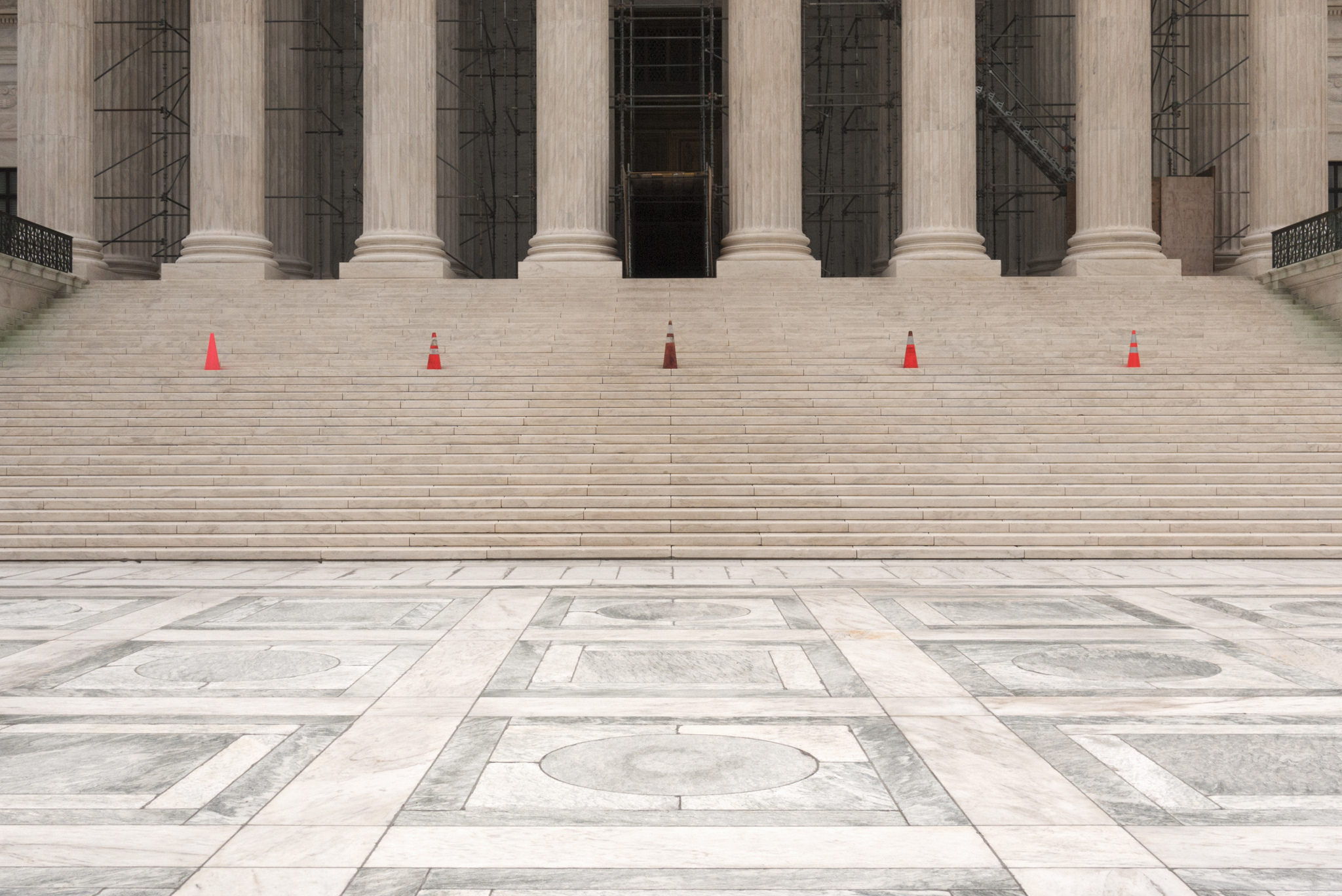In a close 5-4 vote today, the Supreme Court upheld a lower court ruling that the Texas Department of Housing and Community Affairs was guilty of furthering housing discrimination – even if it was inadvertent.
The case before the high court revolved around a key component of the Fair Housing Act of 1968. The legal issue boiled down to whether the Fair Housing Act applies only to acts of intentional discrimination, or whether it extends to cases of “disparate impact.”
“That’s where a policy may have no discriminatory intent behind it at all,” says Aric Short, vice dean at Texas A&M University School of Law. “But it has the result of disproportionately impacting a protected group in a negative way.”
The underlying dispute came out of Dallas, and involved the award of low income housing tax credits by Housing and Community Affairs.
“The Texas agency had to come up with a formula to decide which developers would be given those tax credits,” Short says. “According to the plaintiffs in the case, the policy – the creation of that formula – resulted in the distribution of those low income tax credits … into low income and high minority areas of Dallas.”
In other words, richer and whiter communities in Dallas wouldn’t see developments in their neighborhoods – and that is disparate impact, according to Short.
Short says it will take some time to digest the court’s opinion and that it could be a sign for something else later down the road.
“What the court was deciding here was whether disparate impact liability can exist at all under the housing act. And it’s a resounding yes,” Short says. “But what the court is also doing is foreshadowing the next wave of housing litigation – which is going to be, how do you apply disparate impact theory in every case? The court was very careful to highlight in particular with this pattern that this might be a situation where we’re just second guessing an agency’s valid decision.”
Short predicts this won’t be the last time the courts see this issue.
“I can guarantee there are already cases lined up that are going to make … a challenge to the Fair Housing Act when it comes to disparate impact,” Short says. “Absolutely.”













